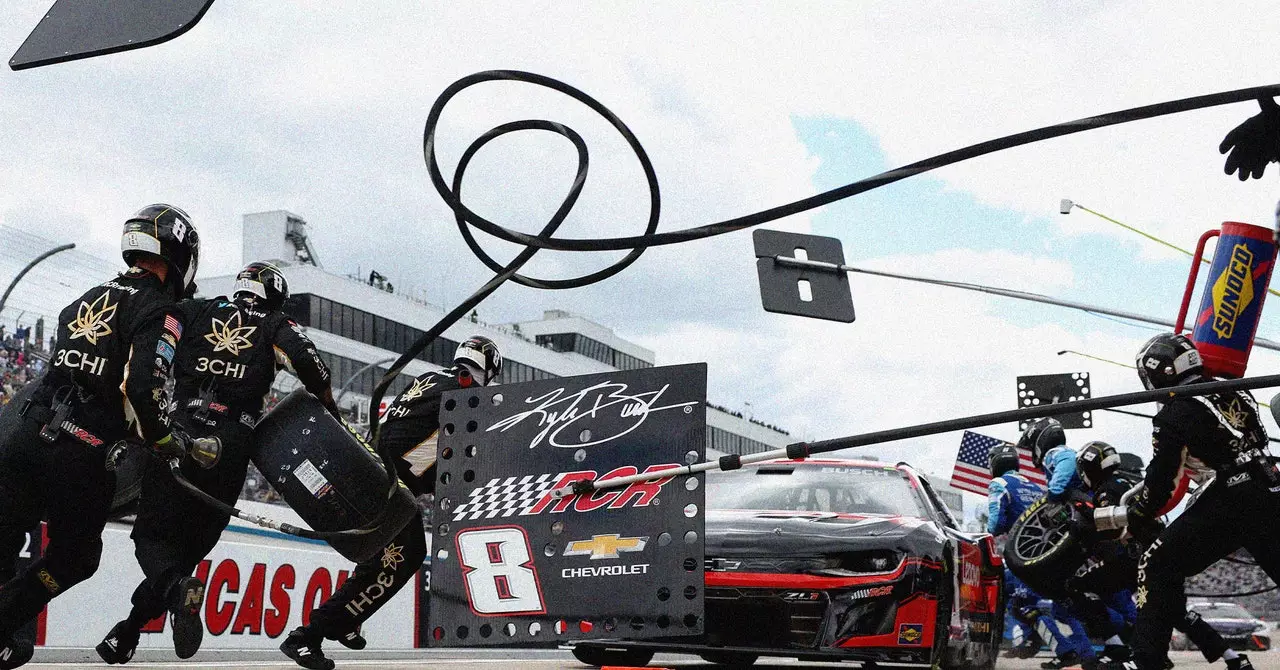In the world of motorsports, NASCAR has a strong following in the United States, with its roots firmly planted in American culture. While Formula One has made efforts to expand into the American market, NASCAR continues to build its TV audience, showcasing the captivating thrill of stock car racing. One of the key factors contributing to the popularity of NASCAR is the integration of technology into pit stops, a critical aspect of the race that often determines the outcome.
Unlike Formula One, where refueling has been banned since 2010, NASCAR embraces the strategy of pit stops, with teams utilizing advanced technologies to gain a competitive edge. Lenovo, a global technology company, has partnered with Richard Childress Racing, one of the prominent names in the NASCAR Cup Series, to enhance pit stop efficiency using artificial intelligence (AI). The collaboration aims to optimize refueling processes by providing real-time insights to the pit crew.
Fuel management plays a crucial role in NASCAR races, as teams strategize to maximize fuel efficiency while maintaining competitive speed on the track. Unlike Formula One cars that have fuel gauges in the cockpit, NASCAR cars rely on the expertise of the team’s strategists to monitor fuel consumption during pit stops. Factors such as track length, configuration, and driving speeds influence fuel consumption, making it a dynamic aspect of race strategy.
Lenovo’s AI team has devised a sophisticated system that utilizes in-car transponders and cameras to track the refueling process during pit stops. By analyzing real-time video feeds at 30 frames per second, the AI engine can accurately determine the duration of fueling, ensuring precision within 0.03 seconds. This level of accuracy eliminates the guesswork previously involved in manually calculating fueling times, reducing the margin of error that could impact race strategy.
By leveraging AI technology, teams like Richard Childress Racing can optimize their pit stop strategies, minimizing the risk of under or over-fueling during races. The ability to monitor fuel delivery with precision enables teams to make informed decisions that can ultimately impact their performance on the track. With fewer pit stops and more efficient refueling processes, NASCAR teams can focus on optimizing their race strategies and maximizing their competitive advantage.
The integration of technology in NASCAR pit stops underscores the importance of innovation in motorsports. By harnessing the power of artificial intelligence, teams can enhance their performance on the track and gain a strategic edge over their competitors. As technology continues to evolve, the role of AI in pit stop optimization will play a significant role in shaping the future of NASCAR racing, showcasing the marriage of engineering prowess and sporting excellence in the world of motorsports.


Leave a Reply